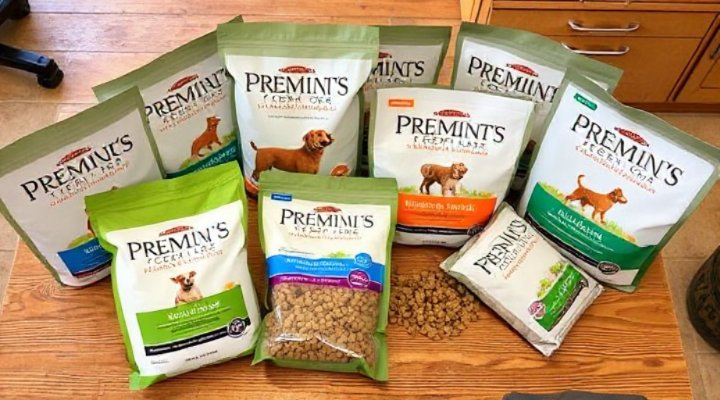If your dog frequently suffers from digestive issues, finding the best dog food for sensitive stomach can make all the difference. In other words, the right nutrition can transform your pup from a gassy, uncomfortable mess into a happy, energetic companion. For instance, my neighbor’s Labrador, Max, went from constant diarrhea to perfect poops just by switching foods!

What Makes Dog Food Good for Sensitive Stomachs?
Firstly, sensitive stomach dog food typically contains easily digestible proteins like chicken, lamb, or fish. Moreover, these formulas often include prebiotics and probiotics to support gut health. According to the FDA’s pet food guidelines, quality ingredients and proper formulation are crucial for digestive health.

Key Ingredients to Look For
- Limited ingredient formulas
- High-quality animal proteins
- Digestible carbohydrates like rice or sweet potato
- Added probiotics for gut health
- Omega-3 fatty acids for inflammation
Meanwhile, you might want to check out our guide on how to choose the best nutrition for more general tips about canine diets.

Top 5 Best Dog Foods for Sensitive Stomach
- Royal Canin Gastrointestinal Low Fat – Specifically formulated for digestive issues
- Hill’s Science Diet Sensitive Stomach & Skin – Vet-recommended formula
- Purina Pro Plan Sensitive Skin & Stomach – Contains live probiotics
- Blue Buffalo Basics Limited Ingredient Diet – Simple, wholesome ingredients
- Natural Balance L.I.D. Limited Ingredient Diets – Fewer ingredients mean less chance of irritation
For small breeds with sensitive stomachs, our article on best food for small breed dogs offers specialized recommendations.

Transitioning to New Food: A Step-by-Step Guide
Subsequently, when switching to a new food, do it gradually over 7-10 days to avoid upsetting your dog’s stomach further. Here’s how:
- Days 1-2: 25% new food mixed with 75% current food
- Days 3-4: 50% new food and 50% current food
- Days 5-7: 75% new food and 25% current food
- Days 8-10: 100% new food
For more detailed transition tips, see our comprehensive guide on how to transition your pet to new food.

When to See a Vet
While the best dog food for sensitive stomach can solve many issues, persistent problems may indicate something more serious. The AVMA recommends consulting your vet if your dog experiences:
- Chronic diarrhea or vomiting
- Blood in stool
- Severe weight loss
- Lethargy accompanying digestive issues
Remember, what works for one dog might not work for another. Therefore, be patient and willing to experiment (under veterinary guidance) to find your pup’s perfect match.
Related Keywords:
dog food for sensitive stomach, best sensitive stomach dog food, dog food for digestive issues, sensitive stomach dog food brands, how to feed a dog with sensitive stomach

